Keeping in mind that special effects work in filmdom has been in a constant state of evolution for the better part of film history, it's pretty clear that what directors and storytellers were often trying to do in the 1950's, 1960's, and early 1970's was often just beyond the reach of the industry's finest technicians. Many have long argued that it wasn't until Stanley Kubrick revolutionized Science Fiction filmmaking with his seminal 2001: A Space Odyssey when studios both saw, understood, and appreciated that high quality effects work could succeed in perfecting a vision. Once George Lucas adapted those techniques (and more) and delivered a bona fide box office juggernaut, the suits were most definitely convinced ... and in many respects we're still largely stuck on that treadmill today.
However, one film I don't feel I've ever had to apologize for liking -- even with some fairly dated ideas for its period -- remains Richard Fleischer's Fantastic Voyage (1966). While a few sections aesthetically feel a bit more psychedelic than perhaps they were intended, the effects work very convincingly detailed what the story required in a means that was entirely possible for studios. While audiences may not have fully believed they had been transported deep within the human body, there was still enough 'presence' up on the silver screen for them to accept the supposition. Perhaps that's the best viewers could, should, and would require of any generation.
-- EZ

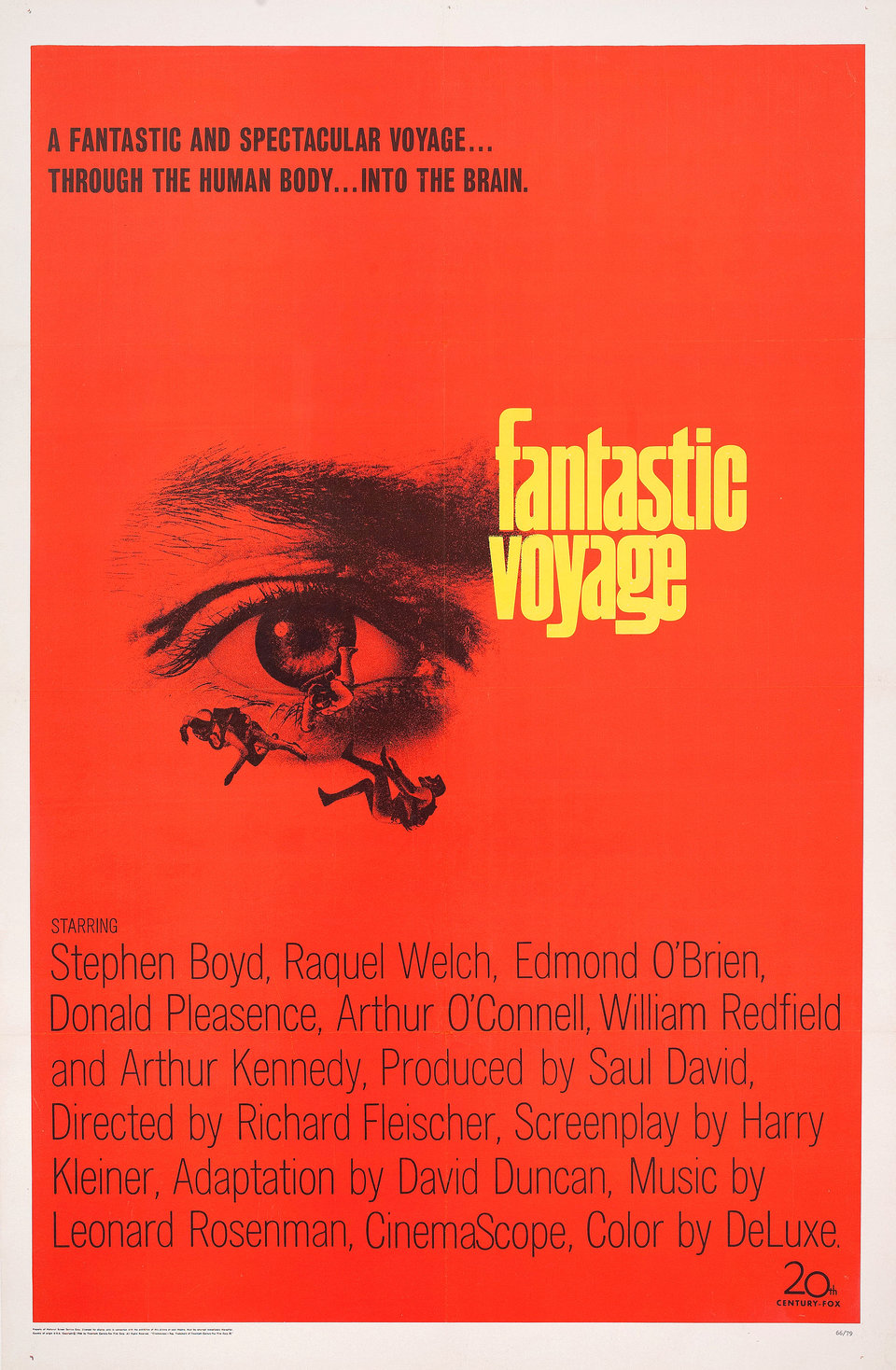
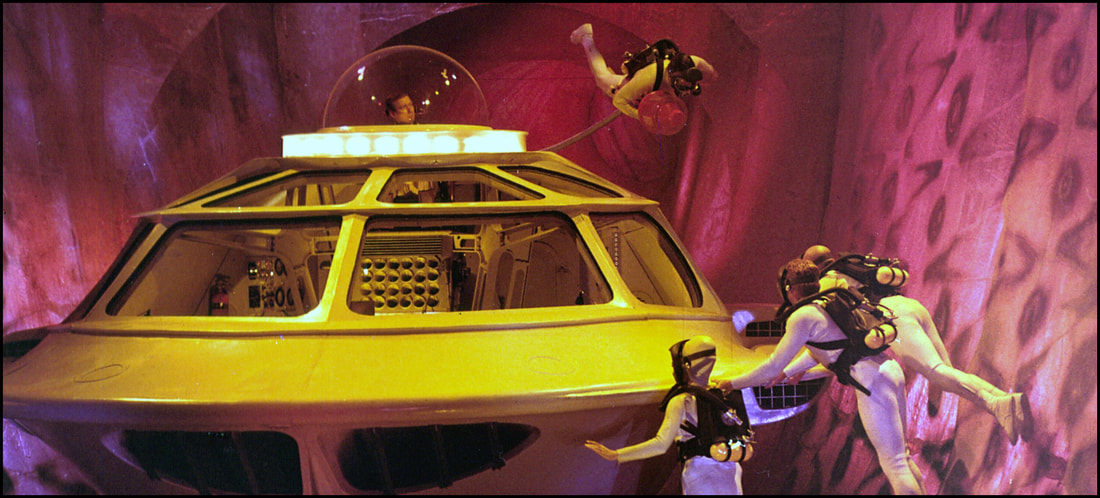
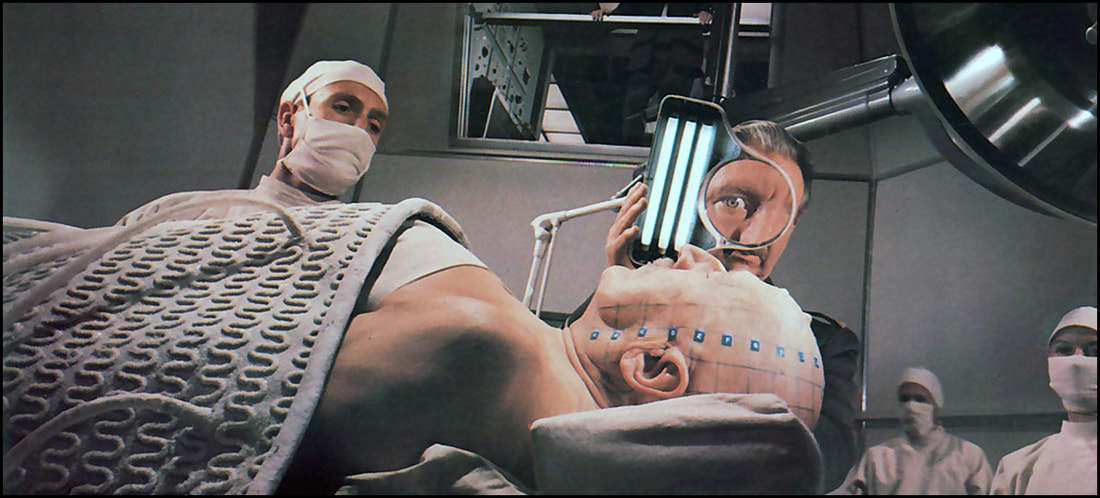
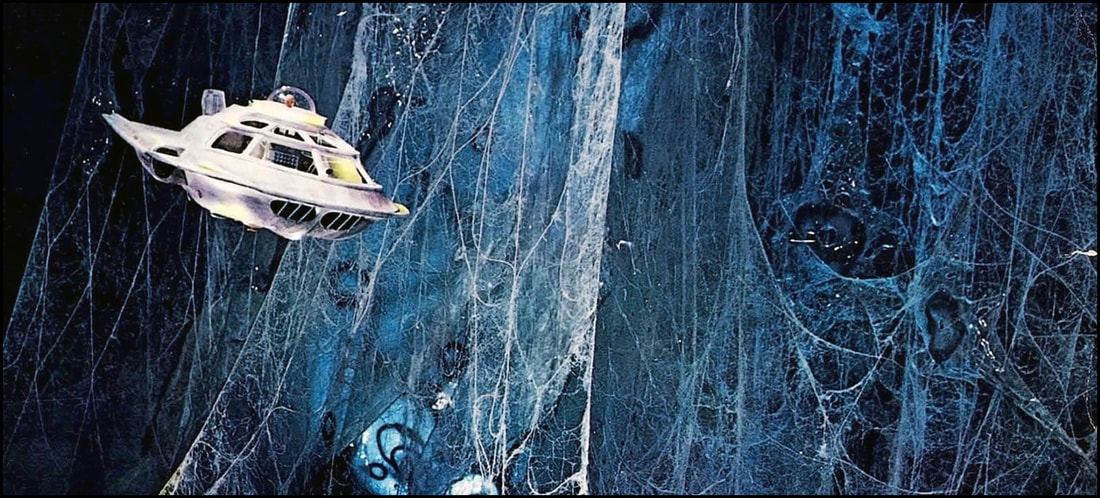
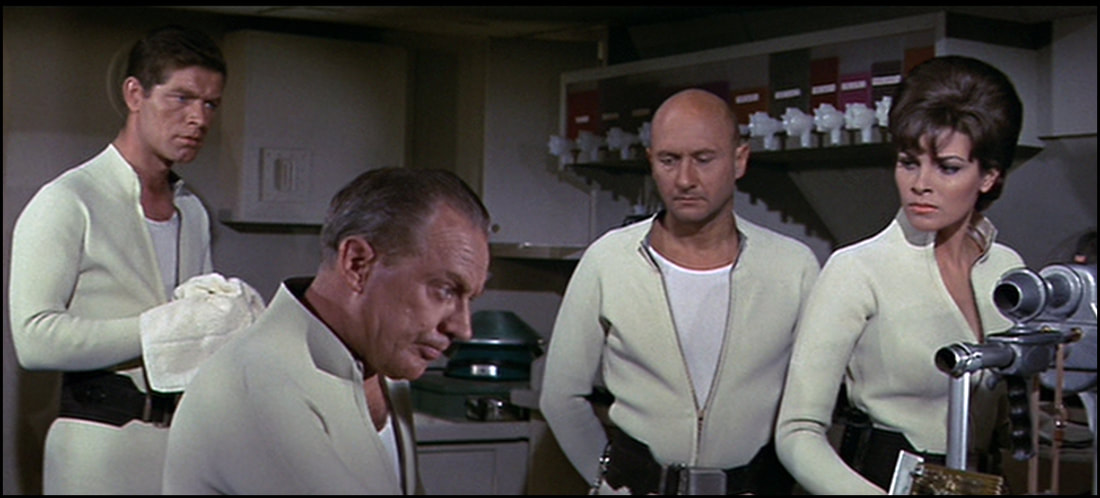
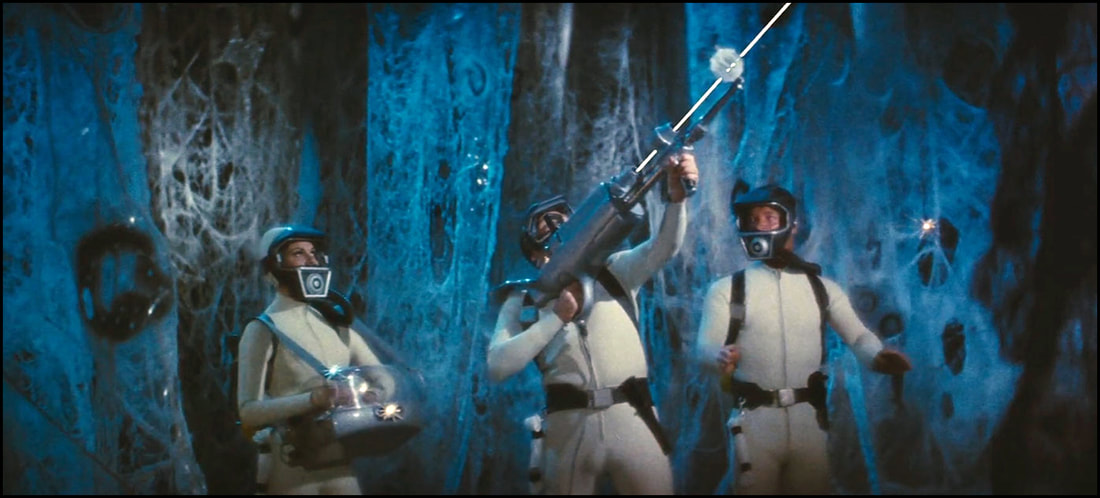
 RSS Feed
RSS Feed